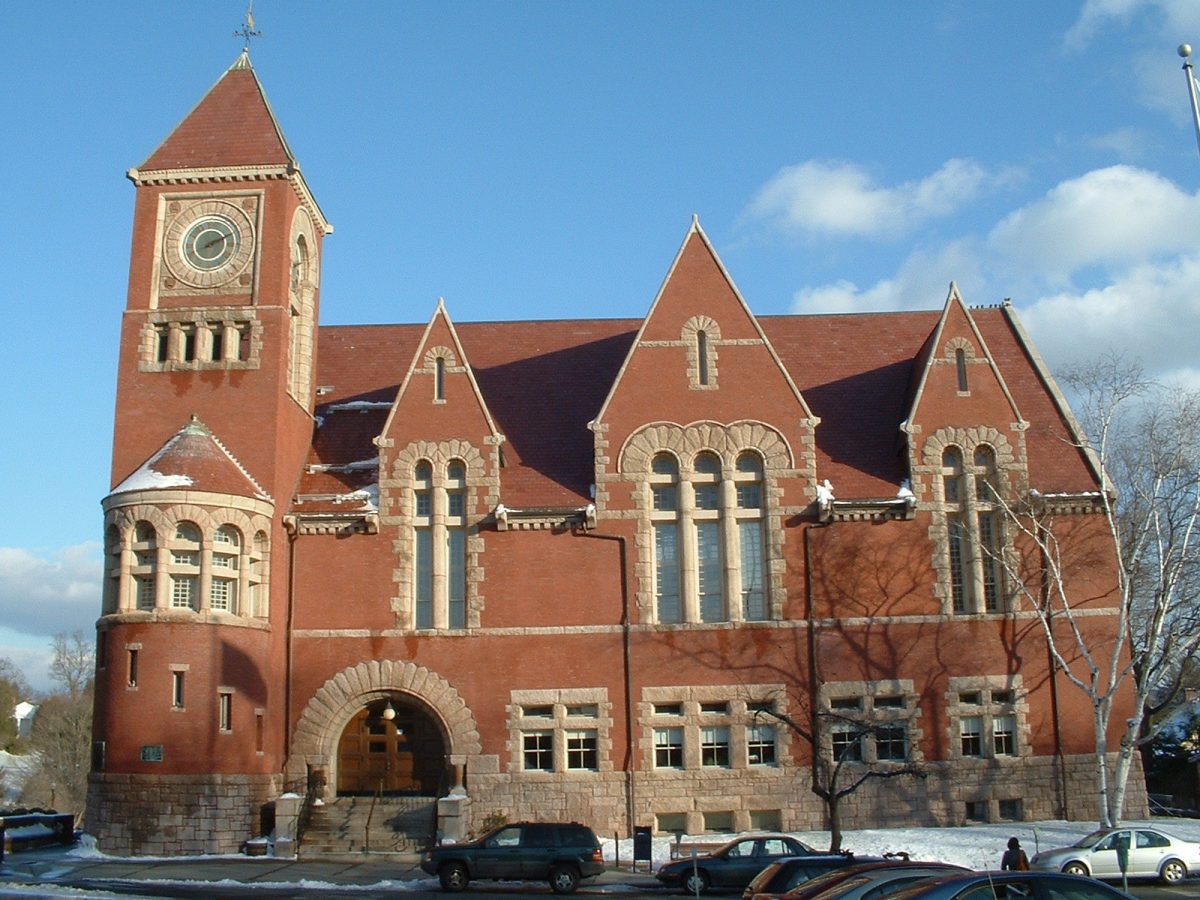
Sixty-three-year-old Amesbury resident Charlene Manseau died Saturday after contracting Eastern equine encephalitis, reported the Associated Press and the Daily News of Newburyport.
Manseau was brought to Brigham and Women’s Hospital in Boston on Sept. 10 and was subsequently diagnosed with the disease, according to the AP. She had been treated for cancer for the past few years, and her family told the Daily News that they suspected that cancer as well as the medicine she was on led to a weakened immune system.
She was a mother of four and grandmother of 12, according to the Daily News.
Two weeks ago the Massachusetts Department of Public Health (DPH) reported that a Worcester-county man in his 70s died from EEE and a Belchertown horse tested positive for the disease.
The Massachusetts Department of Health and Human Services still rates the EEE threat in Belchertown “critical” and “high” in Amherst, Pelham and Northampton.
EEE is transmitted to humans when through the bite of a mosquito that has contracted the virus from an infected birds. The disease cannot be spread by humans or horses to one another.
Symptoms for the disease start to appear three to 10 days after a bite and usually include a stiff neck, headache, fatigue and a fever between 103 and 106 degrees. The most dangerous complication is encephalitis, which is an inflammation or swelling of the brain.
The DPH says that about half of all Massachusetts people who get EEE die from the disease. Approximately 80 percent of the people who survive suffer brain damage.
The DPH suggests taking preventative measures against contracting EEE such as wearing long, skin-covering clothing, staying indoors during dusk and dawn when mosquitoes are most active, using insect repellant with DEET, permethrin, picaridin or oil of lemon eucalyptus, as well as getting repairing holes in windows screens and throwing out still water.
Sam Hayes can be reached at [email protected].












